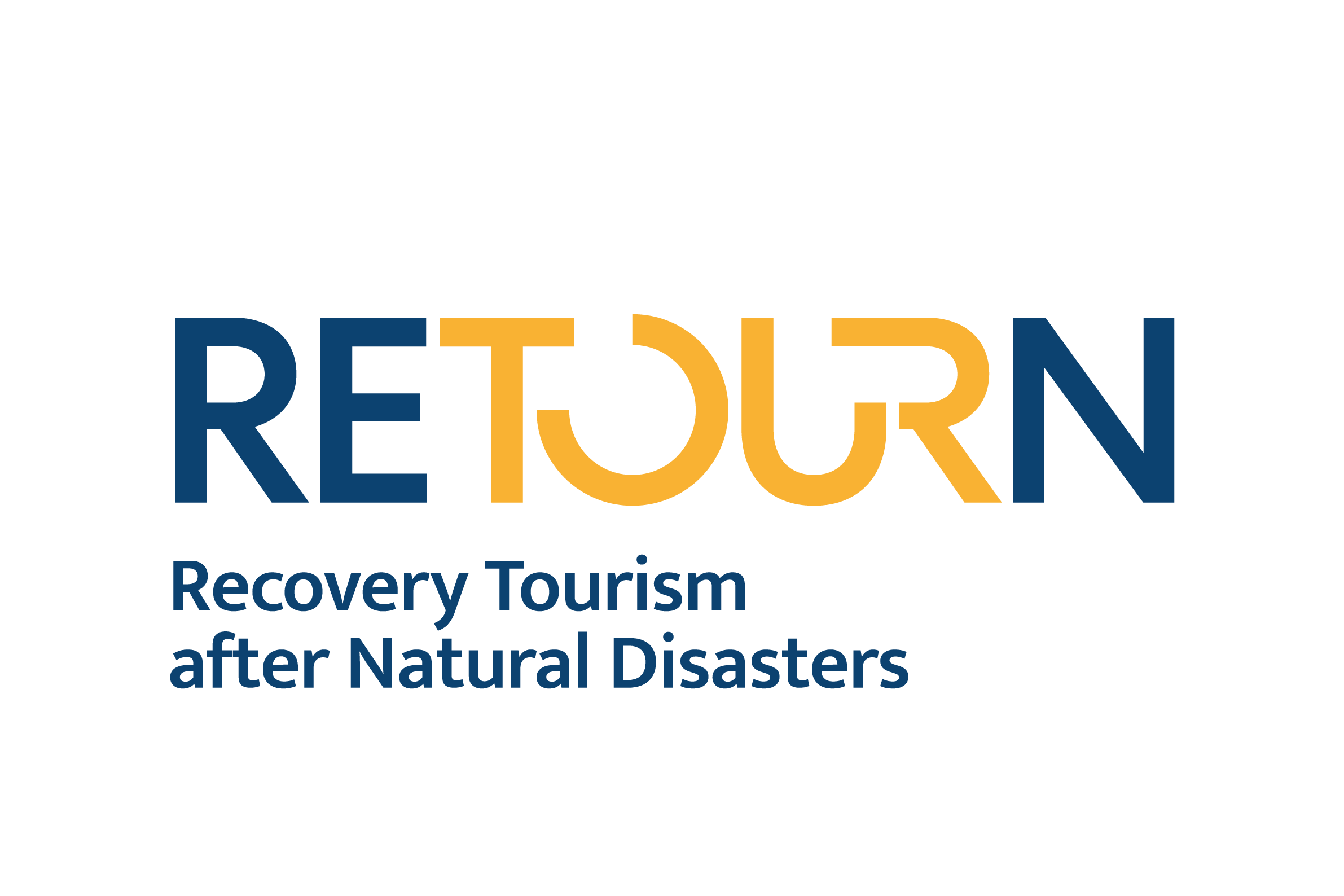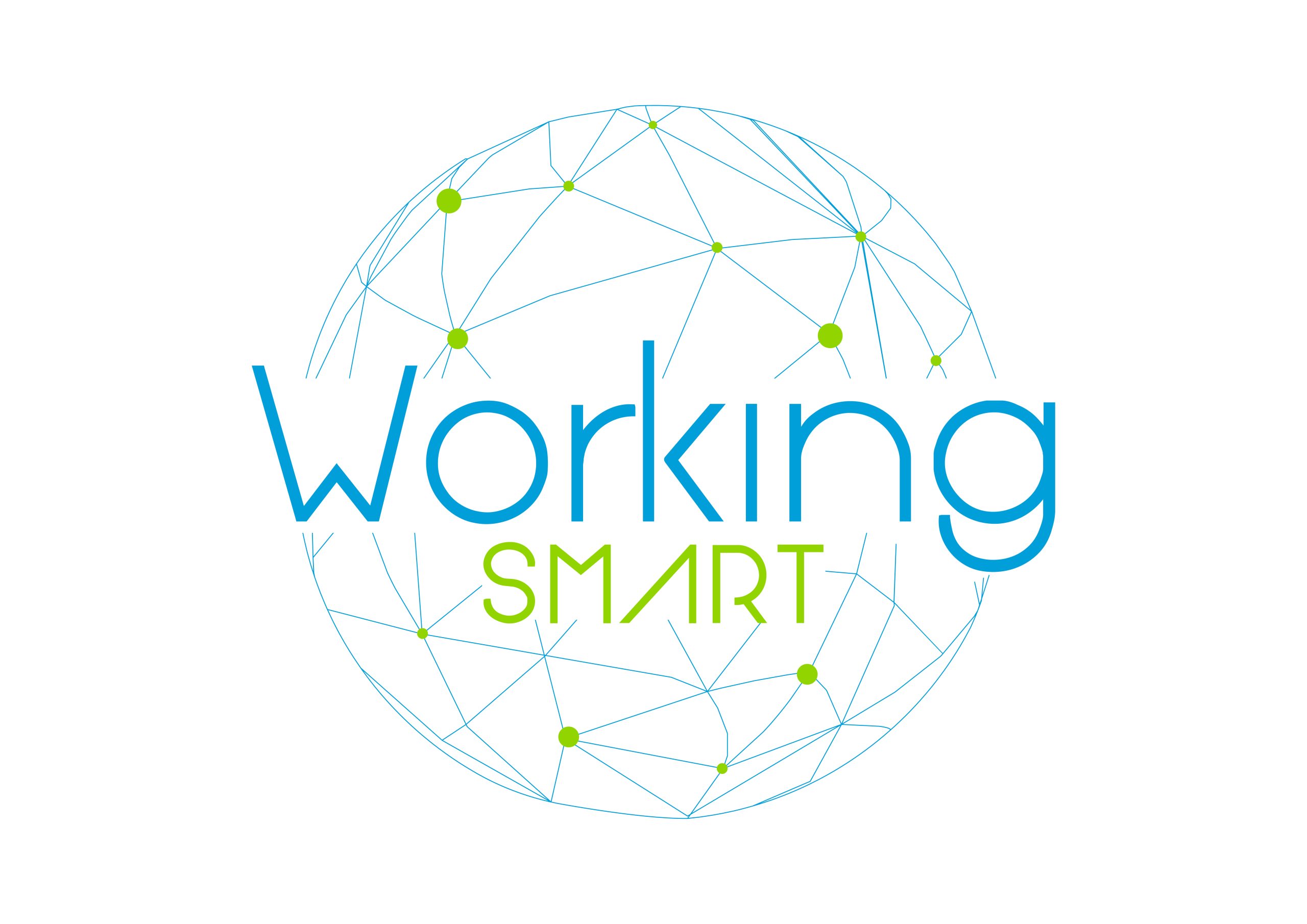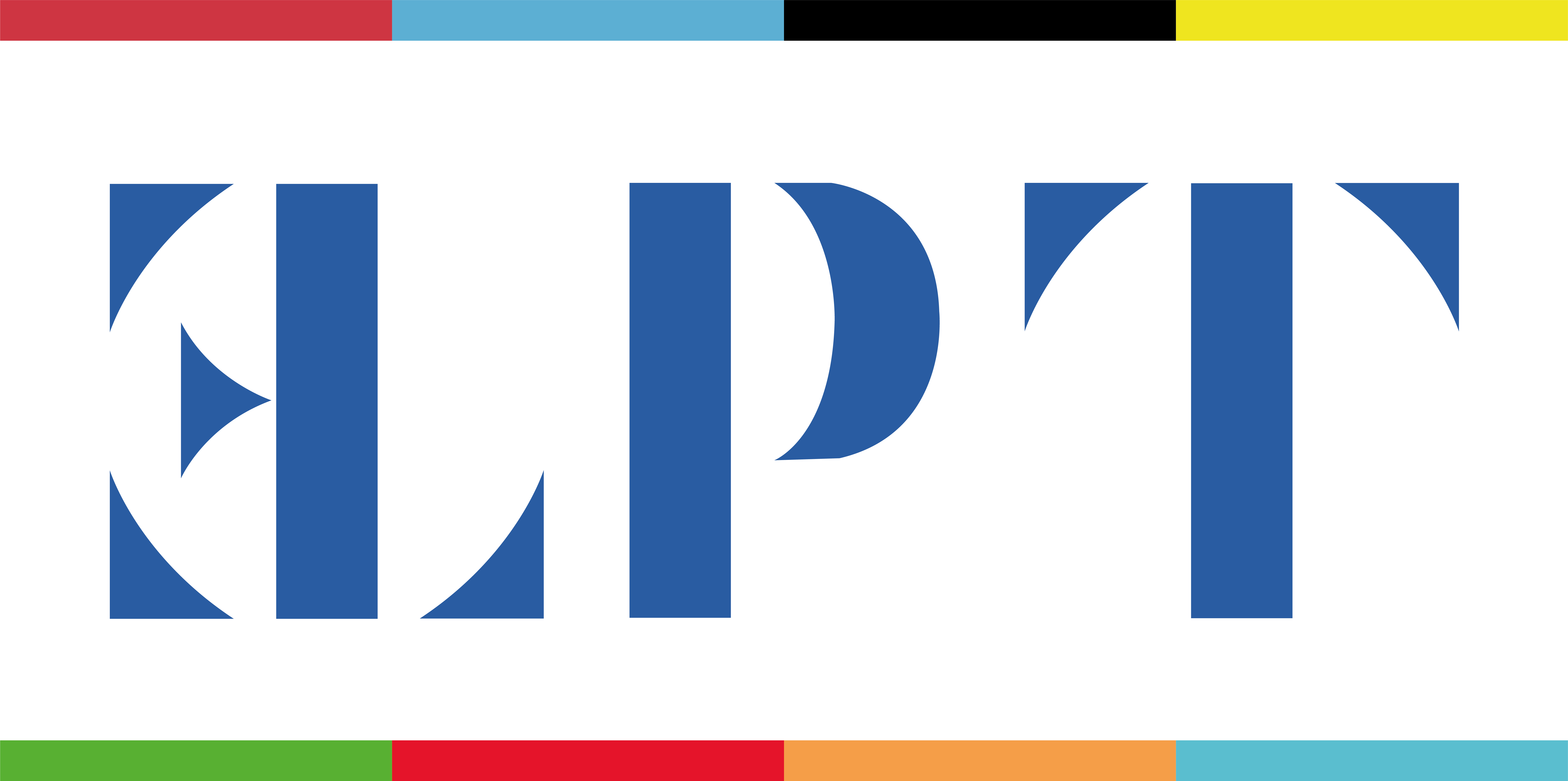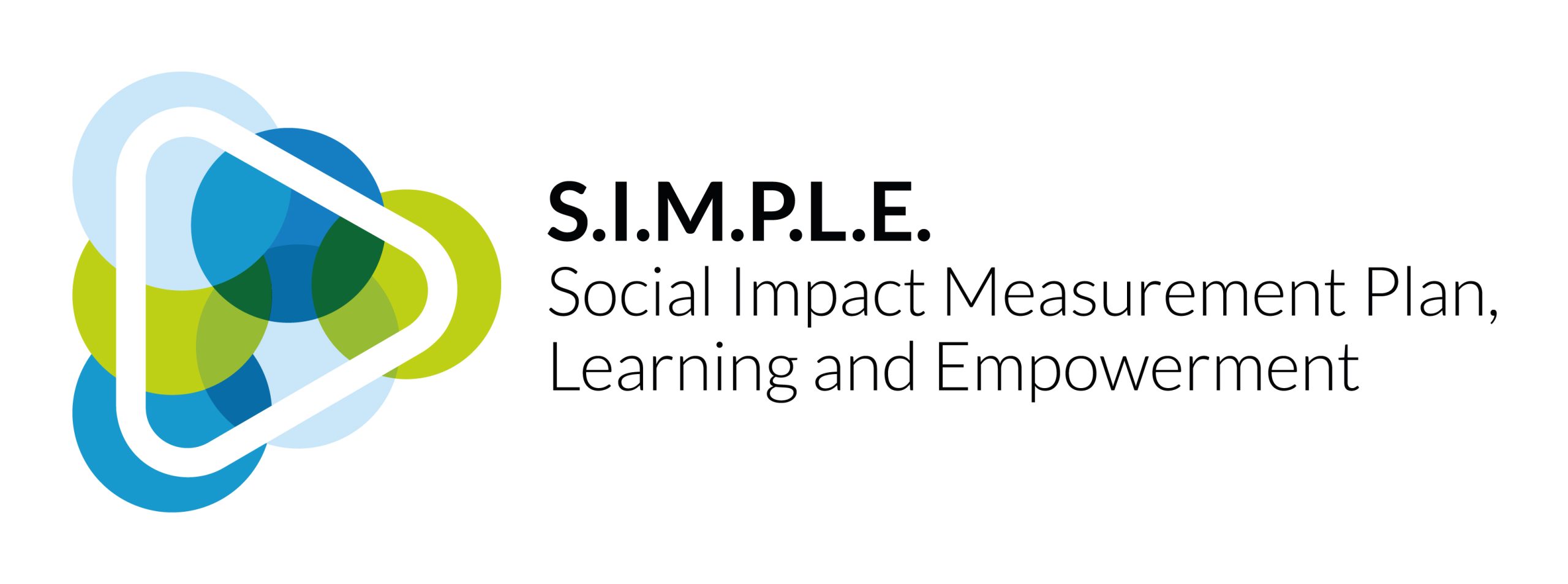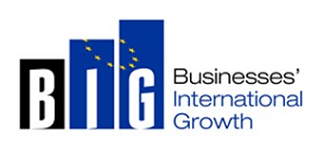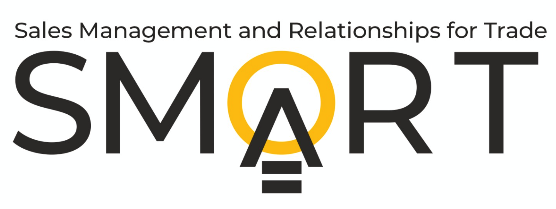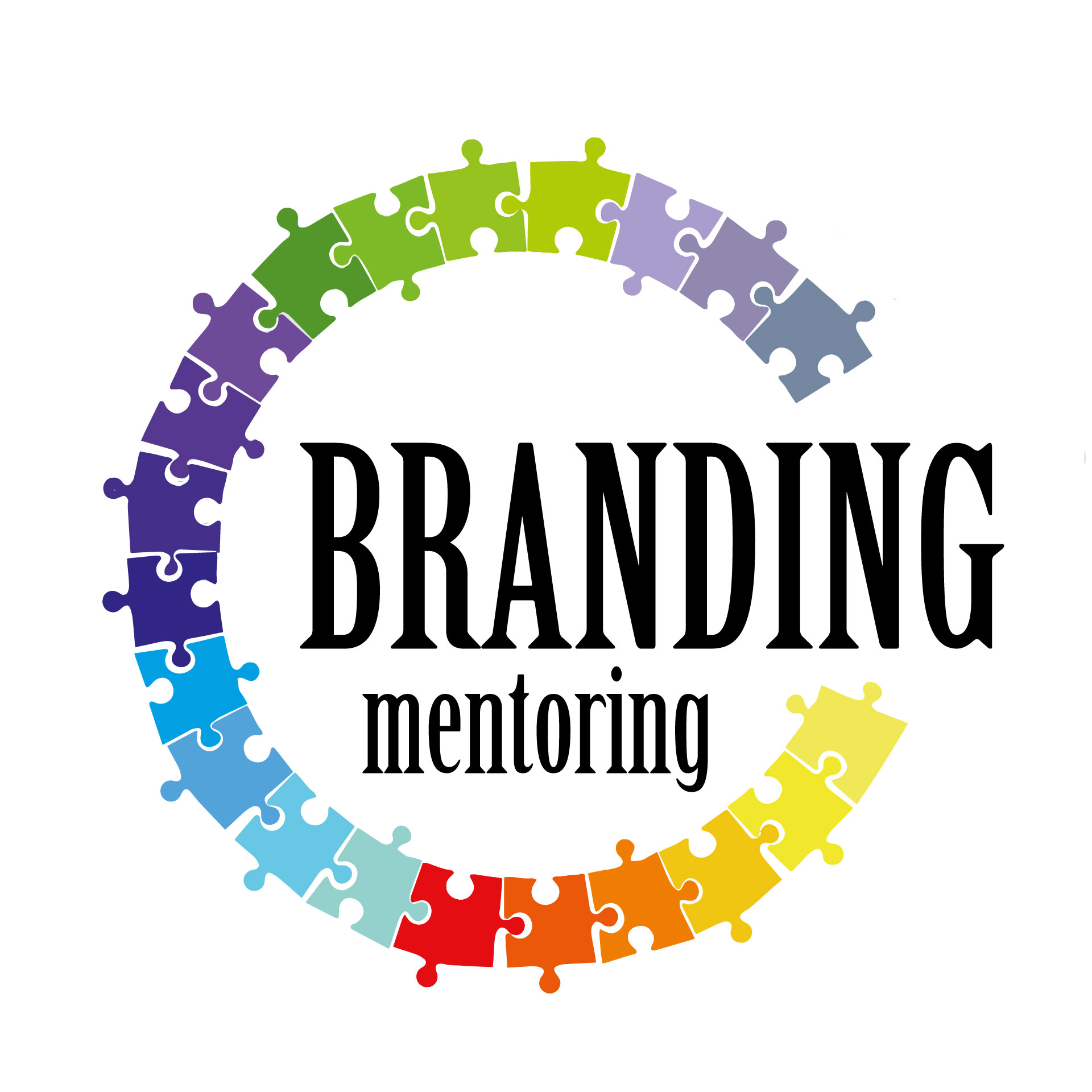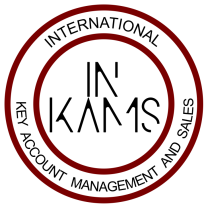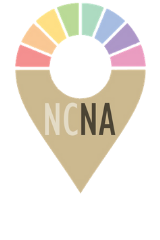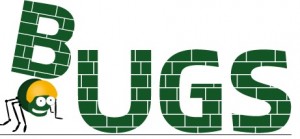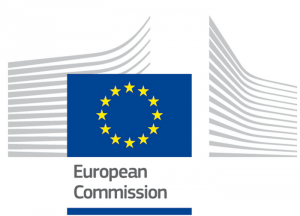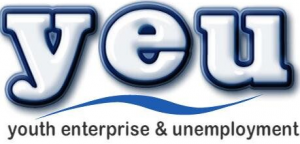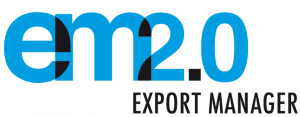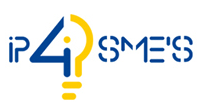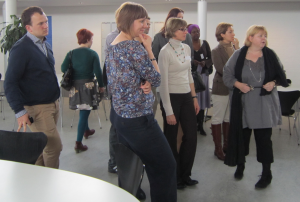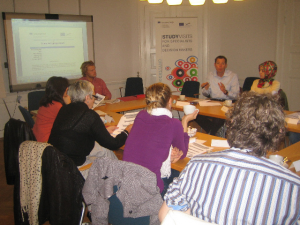The ESF aims to achieve greater employment, social inclusion, a higher standard of living for people and reduce regional disparities. The objective can be achieved by increasing investment in people whose human capital will provide greater levels of innovation, employability and economic growth.
We are implementing the following projects within the ESF:
Training of mentors for practical training through work-based education programs (UM-PUM)
The project is carried out under the authority of the Ministry of Education, Science, Culture and Sports for the period from 27/01/2012 to 31/08/2013.
The purpose of the project is to train mentors in companies for practical work-based training and practical training in new and renewed vocational education programs. This will reduce structural discrepancies, as young people will be better able to pursue a profession after completing vocational and technical education.
The aim of the project is to train mentors in companies for quality work with students who are practically trained by working with employers and with students of vocational colleges who are practically educated with employers. More >>> UM-PUM Final Conference >>>
unisVET
The project is carried out under the authority of the Ministry of Education, Science, Culture and Sport. The main objective of the project is to expand the development potential in vocational and technical education, and to involve and cooperate development teams in schools, which will enable development breakthroughs in vocational and technical education, which was also confirmed by the representatives of the Ministry of Education and Science. The specific goals of the project are, in particular, focused on the involvement of professionals and students in schools and the introduction of a comprehensive quality system in schools. sCreate 2010 – Photo Gallery Project presentation sCreate 2011 – unisVET Photo Gallery – Final Conference – Photo Gallery More >>>
Training for Life Performance My Workplace (MDL)
The project is carried out under the authority of the Ministry of Education, Science, Culture and Sport. The training is intended for employed adults over the age of 26 who intend to continue their education and obtain a primary or vocational education.
Adult Computer and Digital Literacy (RDO)
The project is carried out under the authority of the Ministry of Education, Science, Culture and Sport. The target group is adults who have acquired a basic or lower vocational education or low literacy level and have no experience in computer and digital technology and need this knowledge in everyday life and in their professional work.
Performance Training – The Bridge to Education (LLL – MI)
The project is carried out under the authority of the Ministry of Education, Science, Culture and Sport. The training is intended for adults who have up to 10 years of schooling and who wish to further their education, acquire a new profession or increase their educational attainment.
Adult Computer Literacy (RPO) programs
The project is carried out under the authority of the Ministry of Education, Science, Culture and Sport. The training is intended for adults who have not received computer training during regular schooling and are not able to use a computer at home or at work. So to anyone who has not used the computer yet and wants to gain basic knowledge to work with it for the needs of professional work and daily life.
General non-formal adult education
The project is carried out under the authority of the Ministry of Education, Science, Culture and Sport. In 2012-2015, we will implement the following programs: Business Process Modeling, Business Process Management, European Project Management, Development of Personal Educational Competences, Communication in the Slovenian Language, Digital Literacy, and Customer Relationship Management. In 2011, we completed all organizational and preparatory activities, including the development of teaching materials.

